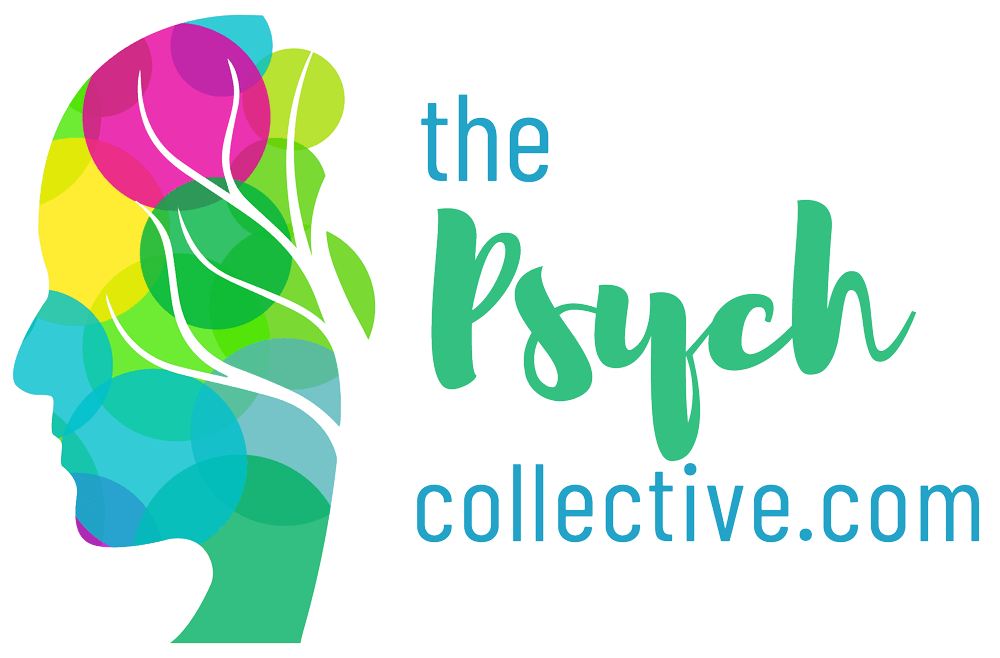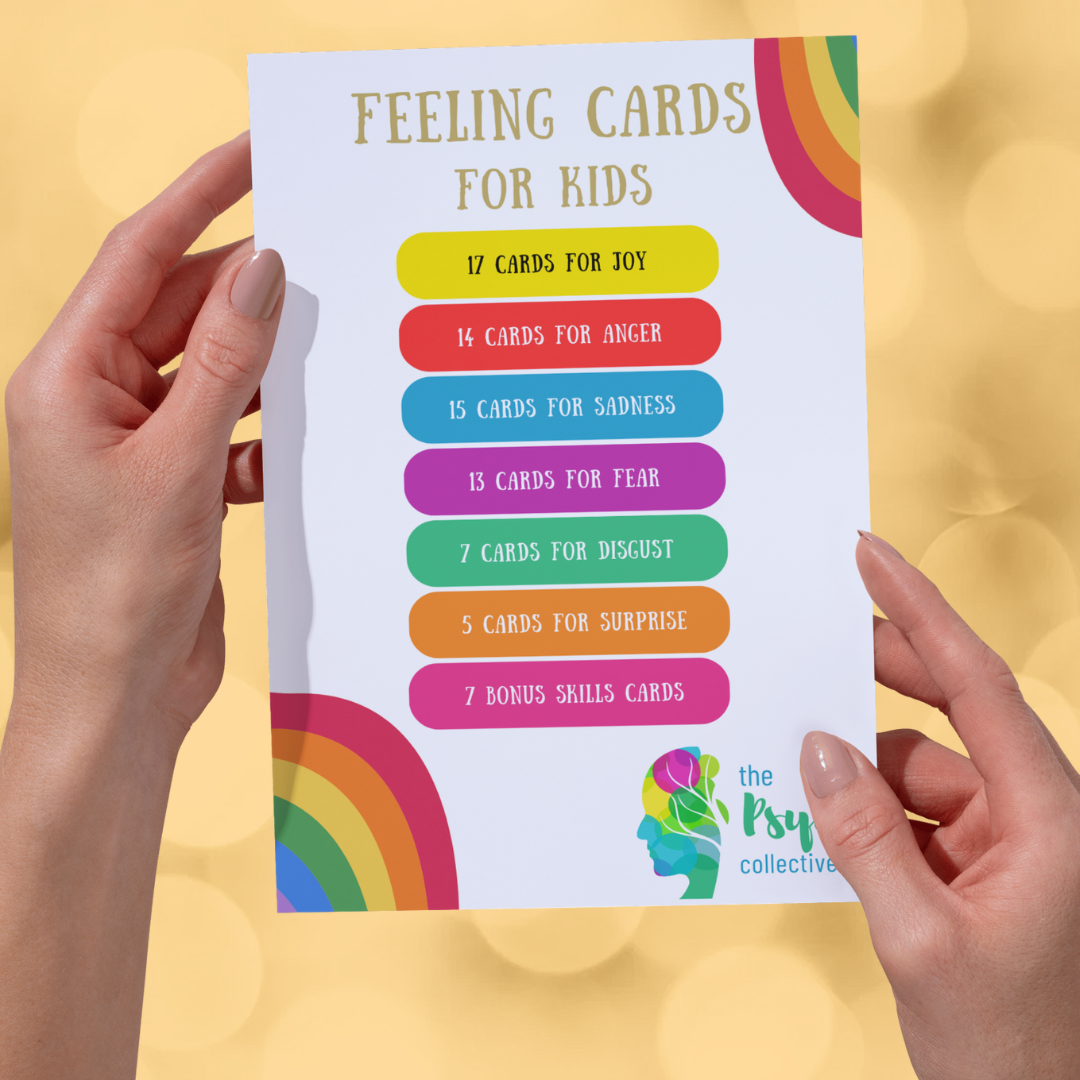Social Anxiety
What is the best advice to overcome social anxiety?
Social anxiety is no picnic. When you’re socially anxious, the party is a monster. It feels like they are judging you and making you small and inferior. It feels like any interaction will probably degenerate into mortal embarrassment. That will confirm your feeling of inferiority and while you bleed shame your blood imbues disgust. No picnic.
The only real solution is exposure therapy. SSRIs might help the process out. But without some deliberate exposure work you’re probably going to be a little stuck.
You need to really want to do something about it, you need to light the fire inside. Be determined. You can’t just go through the motions begrudgingly. Well you can, but it won’t help.
That’s not simply going to the party and hiding, although that’s where you might need to start- getting there might be the first challenge.
Having some practice at controlled slow breathing will help you from panicking (slow not deep!). For public speaking some people benefit from deliberate 10 second pauses where they stop breathing to reaccumilate the CO2 which we lose when if start to panic.
Competency might entail going to the party, having an agenda, executing that agenda and then simply leaving. Then increasing the scope of your agenda at the next social situation and executing that. Having a safety behaviour like some talking points is fine. Using deliberate slow breathing is fine and discrete. Execute the agenda then leave with that win. Repeat, it will get easier.
The steps are:
- Talk to doc about SSRI
- Prepare agenda for party
- Practise discrete SLOW breathing
- Have talking points prepared before hand
- Go to the party
- Execute the agenda
- Use slow breathing/talking points if needed
- Leave early with a win
- Repeat to increase courage
If you do that, you’ve turned the social situation from being your predator to being your prey.
- Dr Al
Share
Categories
About Our Resources
We offer actionable resources and teach real skills to help people make meaningful change in managing mental health issues through different modes depending on people's learning preferences including infographics, text, worksheets, handouts and video.












